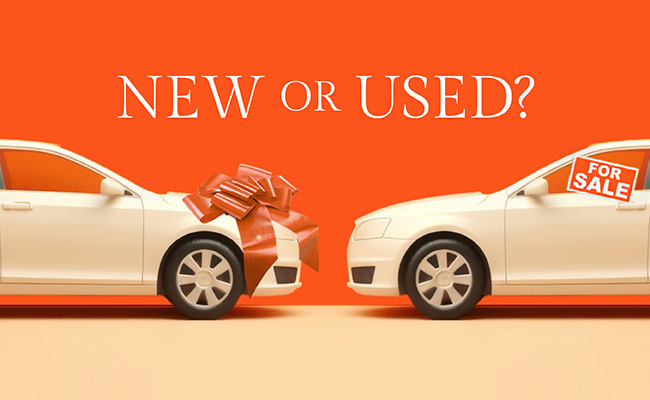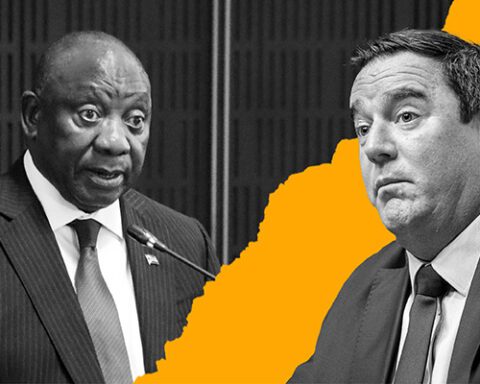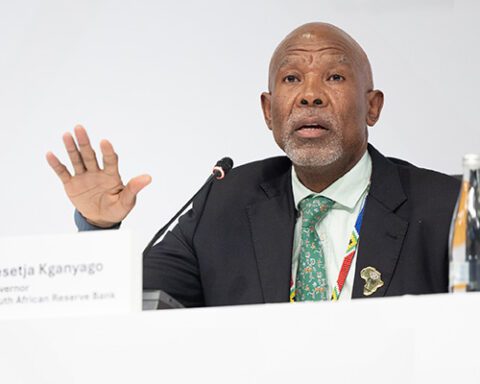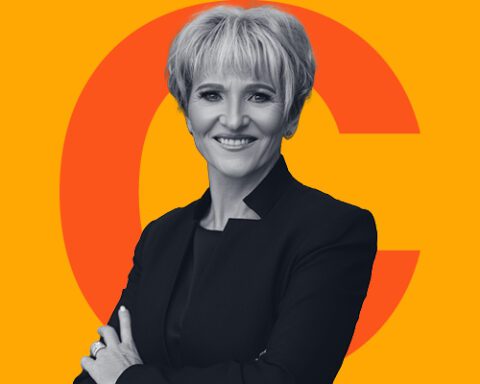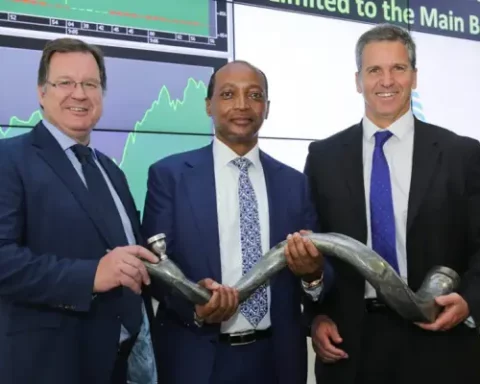Enjoy that newcar smell while you can. As you drive your brand spanking new wheels off the showroom floor and into the great wide open, you’re embarking on what financial planner Warren Ingram calls the most expensive kilometre you’ll ever drive.
That’s because, as most people know, your purchase has immediately plummeted in value. Much faster than if you had driven a used car off that same lot. We’re talking breakneck speed.
“I can’t think of a very good argument for buying a brand new car,” the executive director and co-founder of Galileo Capital tells Currency. “There is no financial merit.”
Based on historical analysis done by getWorth, which uses AI to price cars, a car typically loses 10% of its retail value after one minute. After the first year, 15% to 20% is gone, and after five, it has lost about 30% to 40% of its value.
When it comes to buying, the five-year-old is seen as faithful as long as the mileage is relatively low. “Consider a warranty plan because it’s likely that a slightly older car could result in more frequent (and potentially larger) repair and maintenance bills,” the Automobile Association (AA) says.
An eight-year-old car is done depreciating, but the risks are higher and it’s more likely that even just one breakdown could cost as much or more than a year’s depreciation, according to the AA.
Ingram has never bought a car with zero kilometres on the clock; the closest he has come is about 5,000 km. “I’ve been tempted,” he says. But standing between him and a shiny new chariot is the “spreadsheet queen” – his wife, who works in corporate finance and doesn’t allow a cent to go unaccounted for.
At Galileo Capital, he gets to work with many wealthy clients, and is amazed at how many of them are satisfied driving older cars, often as old as 15 years. While they can afford to buy newer, more luxurious cars, they instead opt for experiences, such as travel, dining out or holidays.
A hefty premium
That’s not to say there isn’t a market for a rolling dream machine. “It’s a lifestyle decision,” says Ingram, a best-selling author who also hosts the Honest Money podcast.
“You have to entirely remove the decision from being a number-crunching exercise and say: ‘It’s my choice to buy a new car because I want to be the first person to drive it.’”
That fresh feeling, though, comes at a premium of anything from 15% to 30%, he says.
Mark Adams, the sales manager for new vehicles at CMH Ford Randburg, says one of the reasons people sometimes go for a new car over a second-hand one is the perception that they might be buying “somebody else’s issues”.
Aside from clients who purchase new cars for the status, some are pragmatic about other elements included with a new purchase, such as a maintenance plan and warranty. There are several cases in which a new car can be purchased cheaper than a one- or two-year-old car given the discount some manufacturers are willing to provide dealers to offer better deals to clients.
“Clients are no longer buying cars for the long run,” Adams tells Currency. “They’ve decided, ‘I want to drive that car for four years because it’s a depreciating item, so there’s no return for me on it.’”
As a result, most buyers purchasing new cars at the dealership are using an option in which the future value of the vehicle is conditionally guaranteed without really owning it, making it more affordable. So, if they finance it over four years, there will be a balloon payment that should break even at that point, allowing the person to hand back their wheels and get a fresh set, provided it has been serviced and maintained.
At the CMH Ford Randburg dealership, the split between new and used cars is about 50/50, says Adams. From his experience, people earning below R400,000 a year tend to shop for used cars. He is also more optimistic about sales this year than the previous two years.
“With the economy being the way it was last year, and the elections coming up, people were sceptical of buying or laying out any money,” he says. “They did not know what was going to happen until after the [government of national unity] was in place. Now, we’re seeing more relaxed spending.”
Lower interest rates have also helped boost confidence, while fleet purchases from companies have rebounded.
The Covid pandemic upset the norm in which cars depreciate, as prices accelerated until about June 2022 – supply chain issues curbed the production of new vehicles, while historically low interest rates made borrowing cheaper – before slowing down and eventually declining.
GetWorth, which has bought almost 10,000 vehicles since starting in 2017, expects the second-hand market to open “favourably” this year, making it a good time to buy and sell.
“With the costs of new vehicles rising, more buyers are turning to quality used cars as a cost-effective alternative,” says the company’s acquisition manager Daniel King. “This shift in demand creates an advantageous position for sellers looking to secure competitive offers for their used cars.”
Sign up to Currency’s weekly newsletters to receive your own bulletin of weekday news and weekend treats. Register here.
